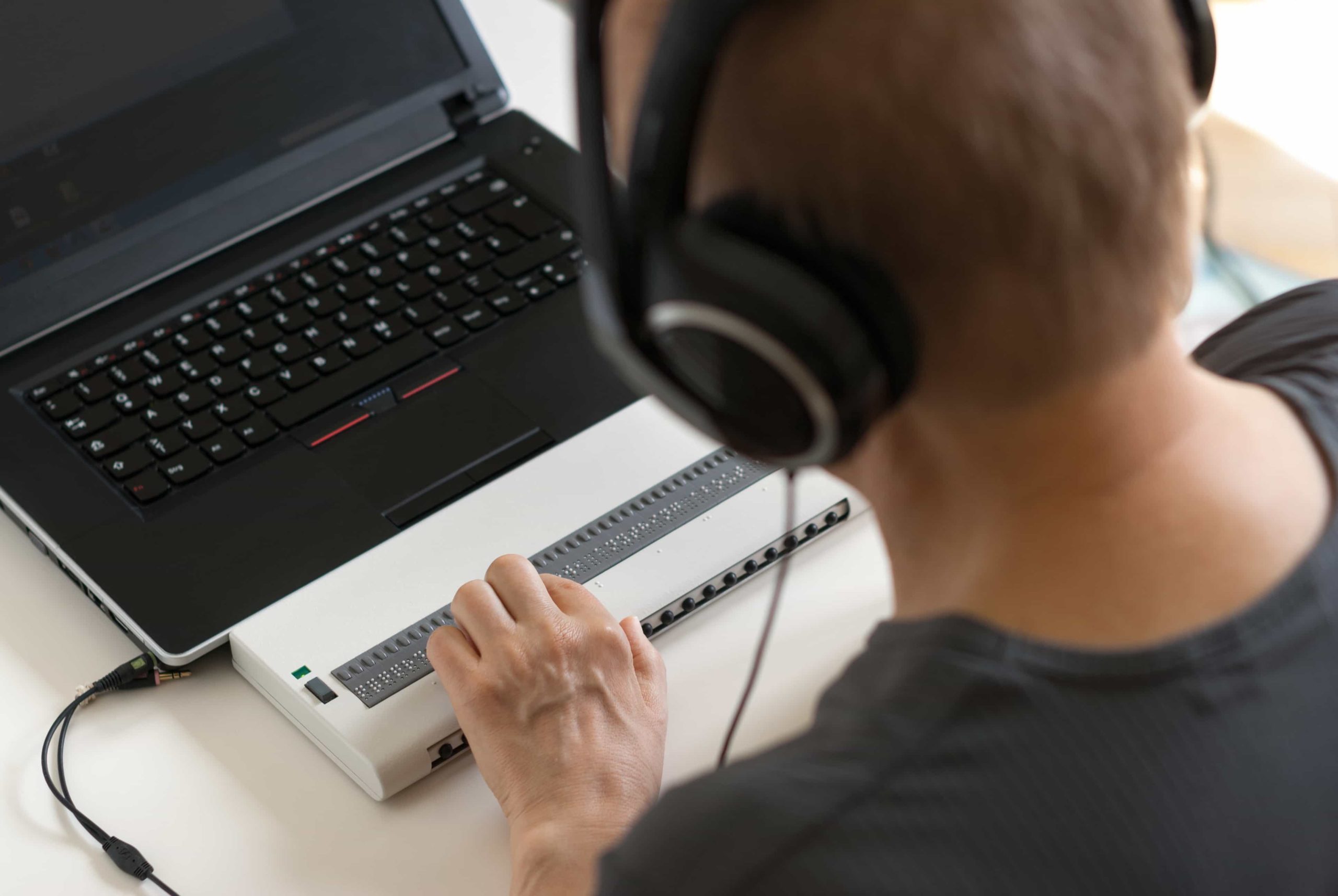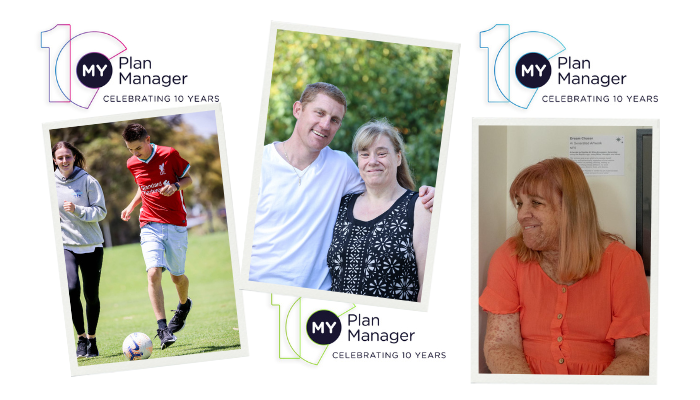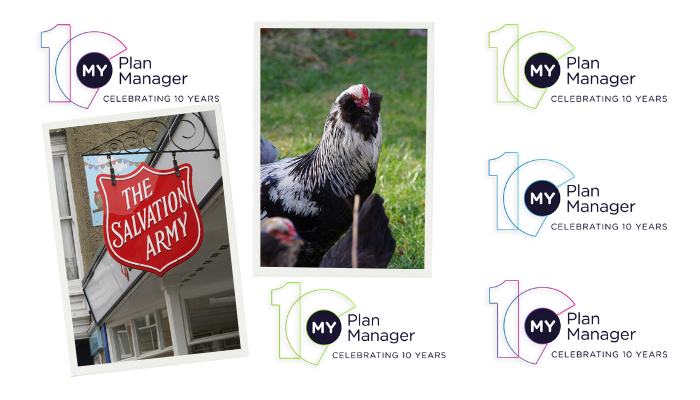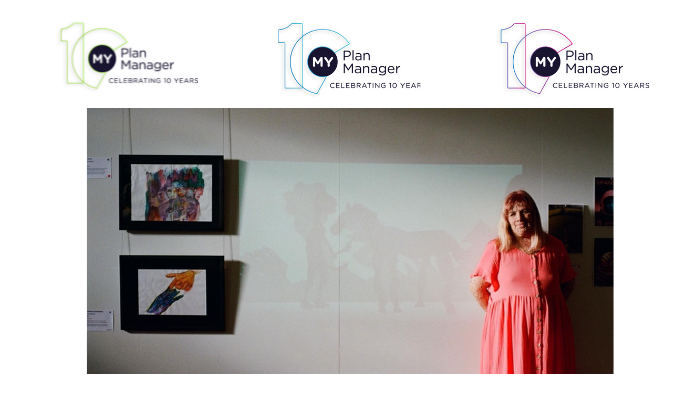
Whether you have an NDIS plan, or you're hoping to have one soon, you're probably aware of 'Assistive Technology' - but you might not know just what it is, if it's for you, or even how to access it. It's one of the most commonly asked questions we get here at My Plan Manager, so let's take a closer look.
The NDIS take their definition of Assistive Technology from the World Health Organisation, which deems it to be "Any device or system that allows individuals to perform tasks they would otherwise be unable to do or increases the ease and safety with which tasks can be performed".
Don't let the word 'technology' confuse you - Assistive Technology doesn't necessarily mean the latest most expensive gadgets - though it covers them too! Assistive Technology can often be low tech or even no tech. It covers a diverse range of items, from something as simple as a curved piece of plastic to help open a tin of food, all the way up to a complex, custom power wheelchair with tilt, raise lower functions and more.
The NDIS has categorised Assistive Technology into four complexity levels:
Level 1 (basic): is low-cost, low-risk and participants will mostly identify and source this themselves. Examples include: nonslip bathmats, large print labels, doorbells, etc.
Level 2 (standard): are typically 'off the shelf' Assistive Technology that many participants can test and trial before making a final choice. Examples include: bath seat, handrails, ramps, etc.
Level 3 (specialised): is similar to Level 2 Assistive Technology, however it often requires modification to suit the needs of the participant. Examples include: desktop electronic magnification, home modifications such as bathroom adaptions and pressure mattresses, etc.
Level 4 (complex): are typically custom made or 'off the shelf' but configured uniquely for the individual. Examples include: cochlear implant speech processors, complex home modifications that require major structural change, etc.
If it is determined that a participant does need technological assistance to overcome barriers, their NDIS plan will include funding for an Assistive Technology assessment. This assessment can help both a participant and the NDIA to understand what the most appropriate Assistive Technology solutions are.
The NDIS states: "Low cost and low risk items (Level 1) do not need a form to be sent into the NDIS. Participants with Assistive Technology funded supports in their plan can seek advice and buy it themselves. Supply of Levels 2 – 4, require an appropriate assessment form which needs to be completed by or with the oversight of an Assistive Technology Assessor with suitable experience in that Assistive Technology. Some Assistive Technology will need greater consideration due to particular participant or environment issues."
If you still have questions, don't worry! Our team here is happy to help you out. Contact us


